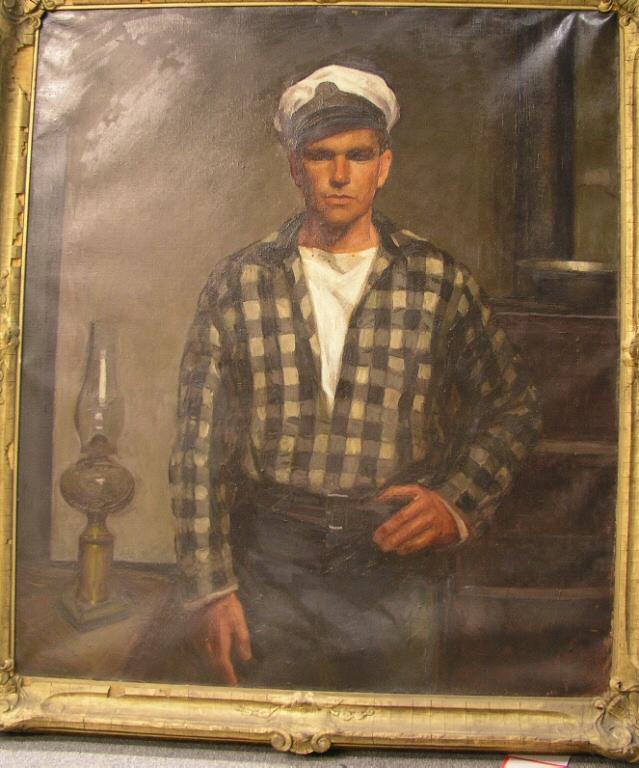
To prevent anything so gruesome happening again, Trinity House progressed their stations from two- to three-men crews. They guard a noble, complex history of human endeavourĪnother took place at Smalls Lighthouse in 1801, where a keeper died and the other kept his body with him for weeks until the relief boat was sent, for fear of recrimination. Just like that, he was gone, the water calm, the birds wheeling, the sky blue, nothing amiss, as if he’d been plucked clean out of this world. One story that stays in my mind is of an assistant keeper who vanished while fishing from the tower entrance door. Despite this, centuries of lighthouse lore must have haunted their watch.

Through the course of my research, I learned that light-keepers weren’t wistful or fearful people they were practical and level-headed, meticulous and precise. What interests me is when a person chooses that isolation – what it is they’re fleeing from, or towards. In 2021, we’ve all grown used to isolation in some form. Perhaps this is part of the appeal – wondering if we’d have had the stuffing to do that job, how the monastic life would have suited us. I like my own company I’m not easily bored I might feel at home on the sea. Some requested transferrals from these extreme posts, unhappy at the quarantine and cabin fever. They were happy enough on land lights, island (or rock) lights too, but dreaded the towers. I imagined the feeling of stepping off a boat after a long crossing, legs turned to jelly, the earth unreliable. The land life was too fast, too confusing, too broad compared with the narrow comfort of a tower whose boundaries never changed.

Ashore was where these keepers felt rudderless, every eight weeks having to go home and reinsert themselves into normal life, be an ordinary man again, a husband and father. Didn’t they get lonely? No, it was the other way round. The lighthouse didn’t just offer safe harbour to passing ships, it offered these men the same. They considered the lighthouse to be perfect isolation, peace, calm – a chance to exist in the moment (what, in today’s world, we might call mindfulness). They made friends with the sea, they prophesied the weather, they pursued pastimes of painting, reading, putting ships in bottles. Some lighthouse keepers loved the life – more, they needed it. I read as many first-person accounts as I could: memoirs, autobiographies, the narrative interviews in Tony Parker’s superlative book, Lighthouse. I wanted to discover what made these keepers tick – why they did this job and at what cost it came. The further I rowed in uncharted waters, the more immersed I became. I’ve tried to trace it back – perhaps to my grandma’s house on the Isle of Wight, where I’d stare out of her staircase window at the grey Solent and the distant chimneys of Fawley power station or was it the Norfolk windmill we stayed in at half-terms, the wonder of those circular rooms and the winding ascent to the gallery, from which white trellis sails gleamed like ladders to the sky? I wanted to know why keepers did this job and at what cost it came Recently, I was asked what prompted this interest. It wasn’t until my 20s that the fascination clicked. I had visited a few land lights as a child and probably professed myself bored. It seemed a miracle it could stay standing.īefore I started researching my book, I knew nothing, really, about lighthouses.

Rocks smashed the base, clunking and groaning. During a storm, the whole tower would quiver as if caught in an electrical current.
FAMOUS LIGHTHOUSE KEEPER WINDOWS
Inside, it was stuffy and dark, thick with smells of sweat and tobacco and burned bacon, shutters closed in heavy weather, double windows fastened against waves that could chuck salt-spray 85ft into the air, smacking the panes while you’re drinking your tea. Rooms piled one on top of the other, a couple of strides across and that’s it, no way out, nowhere else to go.

Before then, three men lived out there on that distant, hostile post for two months at a stretch.Īll they had was each other and the sea. Today, every lighthouse in the UK is automated: the last to go electric was in 1998. Now peer further, deep into the haze, and on a clear day you might pick out the matchstick vertical of the notorious Wolf Rock, eight nautical miles out, so called because of the howling sound the wind makes as it tunnels between the rocks. Stand at Land’s End and you’ll see the Longships – not too far, only a mile away. Tower lighthouses exist like mirages on the horizon.


 0 kommentar(er)
0 kommentar(er)
